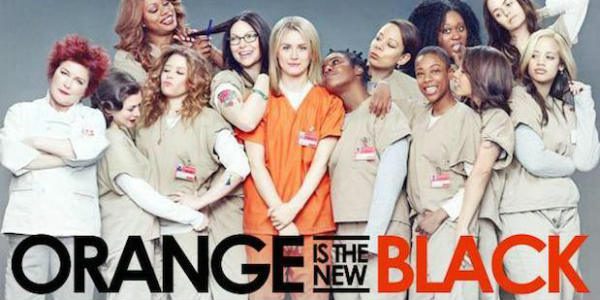Whatever you think of the physical and psychological realities of transgenderism, there’s a concerted push in the media to make it not only socially acceptable but a cause for celebration and admiration.
We’ve seen this play out over and over again in Hollywood, whether on behalf of ethnic or racial minorities or for any number of sexual identities and proclivities. When the media takes up a cause, it has many ways to slip supportive messages into TV shows, movies, music, ads and news stories. The decision over whether or not these causes are good for society (and some, like the Civil Rights movement, for example, are good) has already been decided in the media hive mind; the only challenge is getting the rest of us — especially the malleable young — to get with the program.
We ignore this at our peril not only in the sense of how traditional morality is being usurped in many cases, but also in not learning how to use these techniques to talk about those things we hold near and dear.
Read the article linked below carefully, absorb what it’s saying about how transgenderism has been promoted, sold and dramatized. And, of course, any problems associated with it are those imposed from outside, while the serious issues inherent in it are papered over or outright denied. It’s all good, and anyone who disagrees is all bad.
Obviously, we don’t feel that way about people who disagree with us, but there’s no reason we can’t make use of the side of the equation that is about showing the world the human face of an issue, associating it with larger notions like freedom and equality (real egalitarianism, not the superficial “equality” the world likes so much these days), and making it compelling and attractive.
This Variety article, which leans heavily on genetically male Laverne Cox of Netflix’s “Orange Is the New Black,” and, of course, on the sideshow that is Bruce Jenner, is part of an effort at evangelization, and like it or not, it’s working:
On July 10, Magnolia Pictures will release Sundance festival darling “Tangerine,” which follows two transgender prostitutes (played by newcomers Mya Taylor and Kitana Kiki Rodriguez) during a chaotic Christmas Eve in Los Angeles. In November, Focus Features drops Oscar-bait drama “The Danish Girl,” starring Academy Award-winning actor Eddie Redmayne as transgender 20th-century painter Lili Elbe. On television, Ryan Seacrest is producing the unscripted “Becoming Us” for ABC Family, about a teen who grapples with his father’s transition; Jenner will premiere his own E! docuseries on July 26; and the Wachowski siblings will unveil their new Netflix program “Sense8,” with up-and-coming star Jamie Clayton in a pivotal role, this summer. She beat out every transgender actress in town, including Cox, for the high-profile part.
Many of these stories are targeted to millennial audiences, which prize authenticity (an important arc in the transgender narrative), on shows that are banking on a groundswell of public support to sustain viewers. Says Jeffrey Tambor, who won a Golden Globe for his portrayal of Maura on the Amazon series “Transparent,” the first mainstream TV show headlined by a transgender character: “This is no less than a civil rights movement. And it’s about freedom — life, liberty and the pursuit of happiness. The time has come.”
Click here to read the rest.
Image: Courtesy Netflix


















